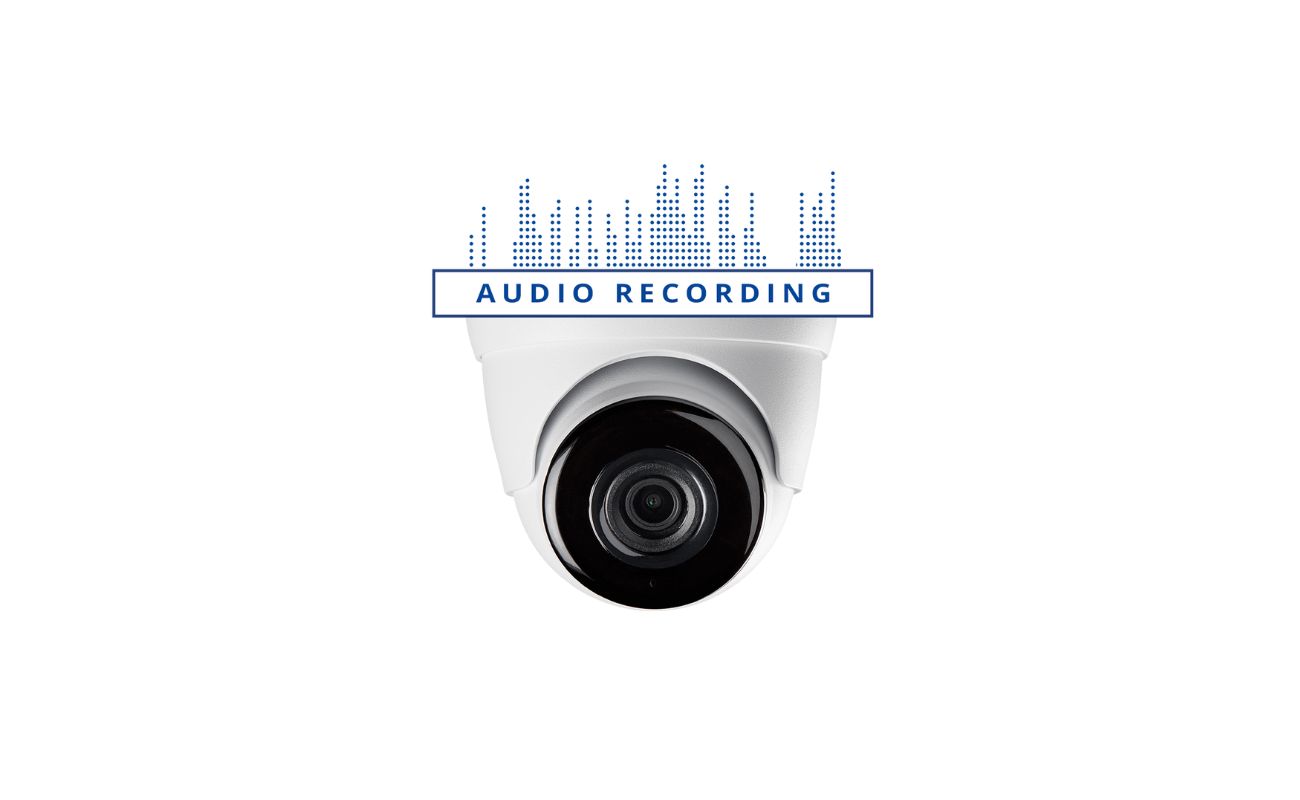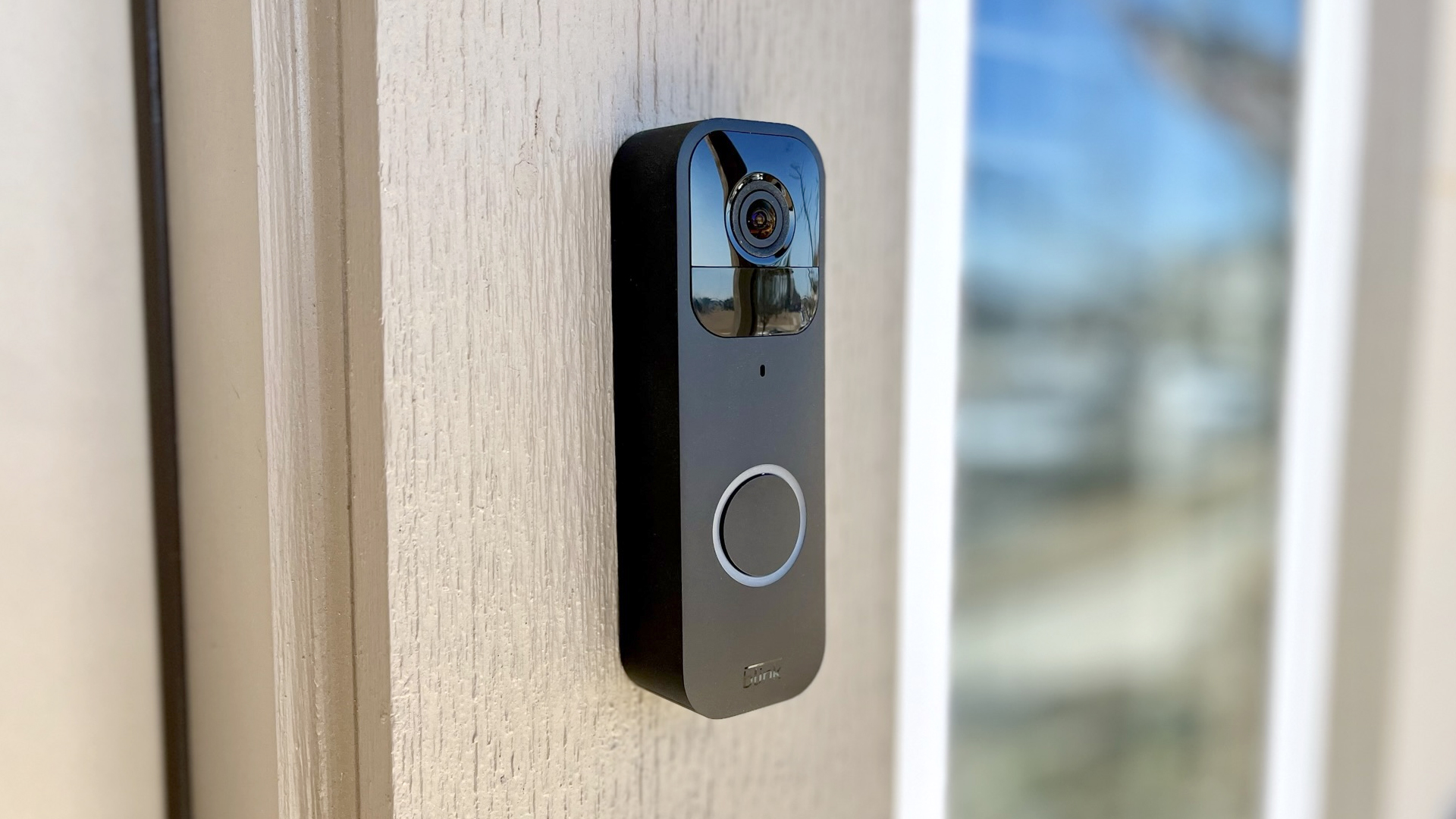Home>Others>Specialized Home Improvement Topics>How To Organize Medical Records


Specialized Home Improvement Topics
How To Organize Medical Records
Modified: August 29, 2024
Learn how to efficiently organize medical records at home with our specialized home improvement tips. Streamline your paperwork and stay organized.
(Many of the links in this article redirect to a specific reviewed product. Your purchase of these products through affiliate links helps to generate commission for Storables.com, at no extra cost. Learn more)
Introduction
Are you tired of sifting through piles of medical documents every time you need to find a specific record? Organizing your medical records can save you time, reduce stress, and ensure that you have important information readily available when you need it. In this article, we will explore the importance of organizing medical records and provide you with practical tips to help you streamline this process. Whether you're managing your own medical records or those of a loved one, these tips will help you take control of your healthcare information.
Key Takeaways:
- Organizing medical records can save time, reduce stress, and empower individuals to take an active role in managing their health. It also facilitates better coordination of care and provides peace of mind.
- Whether using digital or paper-based storage, organizing medical records by category and tailoring them to specific medical conditions can streamline healthcare management and ensure important information is readily accessible.
Read more: How To Organize Genealogy Records
Importance of Organizing Medical Records
Organizing medical records is crucial for several reasons. Here are some key points to consider:
-
Efficient Access: When medical records are well-organized, you can quickly locate specific information such as test results, medication lists, and treatment plans. This can be especially important in emergency situations or when consulting with new healthcare providers.
-
Improved Coordination of Care: If you see multiple healthcare providers or specialists, having organized medical records can facilitate better coordination of care. It allows each provider to have a comprehensive view of your medical history, leading to more informed decision-making.
-
Empowerment: Organized medical records empower you to take an active role in managing your health. You can track your progress, identify trends, and advocate for your healthcare needs more effectively.
-
Legal and Insurance Purposes: Well-organized medical records can be invaluable for legal and insurance purposes. In the event of a dispute or when filing insurance claims, having easy access to organized records can be immensely beneficial.
-
Peace of Mind: Knowing that your medical records are well-organized can provide peace of mind, reducing anxiety and stress related to managing healthcare information.
By recognizing the importance of organizing medical records, individuals can take proactive steps to ensure that their healthcare information is readily accessible and effectively managed.
Tips for Organizing Medical Records
Organizing medical records may seem like a daunting task, but with the right approach, it can be manageable and highly beneficial. Here are some practical tips to help you streamline the organization of your medical records:
-
Create a Centralized System: Designate a specific location, whether physical or digital, to store all your medical records. This could be a dedicated folder in your filing cabinet or a secure, password-protected folder on your computer.
-
Use Clear Labels: If you have physical records, use clear and consistent labeling on folders or dividers to categorize different types of documents. For digital records, employ a consistent naming convention for files and folders.
-
Sort by Category: Organize your records by category, such as lab results, imaging reports, medication lists, and correspondence with healthcare providers. This makes it easier to locate specific information when needed.
-
Keep a Running Timeline: Maintain a chronological order for documents, especially for ongoing conditions or treatments. This allows for a clear understanding of the progression of your medical history.
-
Utilize Technology: Consider using healthcare apps or software designed for organizing medical records. These tools often offer features for scanning, categorizing, and securely storing digital records.
-
Backup Your Digital Records: If you opt for digital storage, regularly back up your medical records to prevent data loss. Cloud storage services or external hard drives can serve as reliable backup options.
-
Maintain an Updated Summary: Create a concise summary of your medical history, including major diagnoses, surgeries, allergies, and current medications. Keep this summary readily accessible for quick reference.
-
Secure Sensitive Information: Take measures to protect the privacy of your medical records, especially when storing digital files. Use strong, unique passwords and consider encryption for added security.
-
Review and Purge Regularly: Periodically review your medical records and discard any outdated or irrelevant documents. This helps prevent clutter and ensures that you have a current and accurate record of your health history.
By implementing these tips, you can establish an organized and efficient system for managing your medical records, ultimately contributing to better healthcare management and peace of mind.
Digital vs. Paper Records
When it comes to organizing medical records, individuals often face the decision of whether to opt for digital or paper-based storage. Both options have their advantages and considerations, and the choice ultimately depends on personal preferences and specific needs.
Digital Records
Advantages
- Accessibility: Digital records can be accessed from virtually anywhere with an internet connection, making it convenient for individuals who require frequent access to their medical information.
- Searchability: With digital records, you can quickly search for specific keywords or phrases, allowing for efficient retrieval of information.
- Space Efficiency: Storing records digitally eliminates the need for physical storage space, making it ideal for individuals with limited storage capacity.
Considerations
- Security: Ensuring the security of digital records is crucial. Individuals must take measures to protect their data from unauthorized access or cyber threats.
- Technological Dependence: Relying on digital records means being dependent on technology. It's essential to have backup systems in place to prevent data loss.
Read more: How To Organize Vinyl Records
Paper Records
Advantages
- Tangible Format: Some individuals prefer the tangible nature of paper records, finding it easier to review and comprehend their medical information in a physical format.
- Privacy: Paper records can provide a sense of privacy, as they are not susceptible to hacking or unauthorized digital access.
Considerations
- Space and Organization: Paper records require physical storage space and diligent organization to prevent clutter and ensure easy access to specific documents.
- Accessibility Limitations: Retrieving paper records may be challenging when away from the physical storage location, especially in urgent situations.
In many cases, a combination of digital and paper records may offer the best of both worlds. For instance, individuals can opt for digital storage for easy access and backup, while maintaining essential physical copies for added security and peace of mind. Ultimately, the choice between digital and paper records should align with individual preferences, lifestyle, and the specific healthcare needs of the individual or their loved ones.
Organizing Records for Different Medical Conditions
When organizing medical records, it's essential to consider the unique requirements associated with different medical conditions. Each condition may necessitate specific types of records, treatment plans, and diagnostic reports. Here's how you can effectively organize records for various medical conditions:
Chronic Conditions
For individuals managing chronic conditions such as diabetes, hypertension, or asthma, organizing medical records is crucial for ongoing care. Consider the following steps:
-
Create Condition-Specific Sections: Dedicate separate sections within your medical records for each chronic condition. This allows for focused management and easy access to relevant information during appointments or emergencies.
-
Include Treatment Logs: Maintain detailed logs of treatments, medications, and their corresponding dosages. This helps in tracking the effectiveness of treatments and identifying patterns in symptom management.
-
Incorporate Test Results: Organize lab test results, imaging reports, and specialist consultations related to the chronic condition. Chronological organization can provide a comprehensive view of the condition's progression.
Surgical History
Individuals with a history of surgeries should organize their medical records to ensure that pertinent information is readily available. Here's how to approach this:
-
Compile Surgical Reports: Gather surgical reports, pre-operative assessments, and post-operative care instructions in a dedicated section. Include details such as the date of surgery, surgical procedures performed, and post-operative recommendations.
-
Maintain Follow-Up Records: Keep records of follow-up appointments, rehabilitation plans, and any complications or side effects experienced post-surgery. This aids in monitoring recovery progress and identifying any ongoing concerns.
-
Include Imaging Studies: If applicable, organize imaging studies such as X-rays, MRIs, or CT scans related to the surgical procedure. These records provide valuable insights for future medical assessments.
Read more: How To Store Paper Medical Records
Mental Health Conditions
Organizing medical records for mental health conditions requires sensitivity and attention to detail. Consider the following strategies:
-
Document Therapy Sessions: Maintain a log of therapy sessions, including notes from therapists or counselors, treatment plans, and progress assessments. This can provide a comprehensive overview of mental health management.
-
Include Medication Histories: Organize medication histories, including prescribed psychiatric medications, dosages, and any adjustments made over time. This aids in tracking medication efficacy and potential side effects.
-
Incorporate Crisis Intervention Plans: If applicable, include crisis intervention plans, emergency contacts, and directives for managing mental health crises. These records are crucial for ensuring appropriate care during challenging situations.
Pediatric Health Records
Organizing medical records for children involves unique considerations, especially with the frequency of pediatric appointments and immunizations. Here's how to effectively manage pediatric health records:
-
Maintain Immunization Records: Organize immunization records, including dates of vaccinations, vaccine types, and any adverse reactions. This ensures compliance with vaccination schedules and facilitates easy access to immunization history.
-
Include Growth Charts: Keep track of growth charts, developmental milestones, and pediatric wellness visits. This provides a comprehensive overview of a child's health and development over time.
-
Document Pediatric Specialist Consultations: If the child has seen pediatric specialists, organize consultation reports, treatment plans, and recommendations in a dedicated section. This aids in comprehensive care coordination.
By tailoring the organization of medical records to specific medical conditions, individuals can ensure that pertinent information is readily accessible, leading to more informed healthcare management and improved coordination of care.
Accessing and Sharing Medical Records
Accessing and sharing medical records is essential for ensuring seamless communication between healthcare providers, facilitating informed decision-making, and empowering individuals to actively participate in their healthcare. Here's a detailed exploration of the methods and considerations for accessing and sharing medical records:
Patient Portals and Electronic Health Records (EHR)
Many healthcare providers offer patient portals or electronic health record (EHR) systems that allow individuals to access their medical records online. Patient portals provide a secure platform for viewing test results, appointment schedules, medication lists, and communication with healthcare providers. To access these records, individuals typically need to create an account and undergo a verification process to ensure data security and privacy.
Read more: 15 Best Record Storage Cabinet Picks We Love
Authorization and Consent
When sharing medical records with other healthcare providers or individuals involved in the individual's care, proper authorization and consent are paramount. Patients may need to complete specific forms or provide explicit consent for the release of their medical records. This process ensures that sensitive health information is shared only with authorized parties, maintaining patient privacy and confidentiality.
Health Information Exchanges (HIEs)
Health information exchanges (HIEs) are platforms that enable the electronic sharing of health-related information among healthcare organizations. HIEs facilitate the secure exchange of medical records, test results, and other relevant data between different healthcare providers involved in an individual's care. This interoperability enhances care coordination and reduces the likelihood of redundant tests or procedures.
Mobile Health Apps
With the proliferation of mobile health applications, individuals can now access and manage their medical records directly from their smartphones or tablets. These apps often integrate with patient portals or EHR systems, allowing users to view their records, set medication reminders, track health metrics, and securely communicate with healthcare providers. It's crucial to choose reputable and secure apps to safeguard the privacy of sensitive health data.
Personal Health Records (PHRs)
Personal health records (PHRs) are comprehensive repositories of an individual's medical information, often managed and maintained by the individual themselves. PHRs can include a wide range of data, such as medical history, allergies, medications, and treatment plans. Individuals can share specific sections of their PHRs with healthcare providers, ensuring that relevant information is readily available during appointments or in emergency situations.
Read more: How To Record Television
Considerations for Sharing
When sharing medical records, individuals should consider the following factors:
-
Purpose of Sharing: Clearly define the purpose for sharing medical records, whether it's for a specialist consultation, second opinion, or continuity of care between healthcare providers.
-
Selective Sharing: Determine which specific records or sections of the medical history are relevant to the intended recipient. This selective approach ensures that only pertinent information is shared, minimizing unnecessary exposure of sensitive data.
-
Security Measures: Utilize secure methods for sharing medical records, such as encrypted email communications, secure file transfer protocols, or direct electronic transmission through trusted healthcare platforms.
-
Patient Advocacy: Individuals should feel empowered to advocate for the sharing of their medical records when it contributes to their overall healthcare management. Open communication with healthcare providers about the importance of shared information can facilitate collaborative decision-making.
By leveraging these methods and considerations, individuals can effectively access and share their medical records, fostering improved communication, informed decision-making, and comprehensive care coordination within the healthcare ecosystem.
Conclusion
In conclusion, organizing medical records is a proactive step that can significantly enhance healthcare management, coordination of care, and peace of mind for individuals and their families. By recognizing the importance of efficient access to medical information, implementing practical organization tips, and tailoring record management to specific medical conditions, individuals can streamline the process of managing their health records. Whether opting for digital or paper-based storage, the choice should align with personal preferences and lifestyle needs. Accessing and sharing medical records through patient portals, health information exchanges, and secure mobile health apps empowers individuals to actively participate in their healthcare journey. With a well-organized system in place, individuals can navigate healthcare appointments, emergencies, and ongoing treatments with confidence, knowing that their medical information is readily accessible and effectively managed.
Frequently Asked Questions about How To Organize Medical Records
Was this page helpful?
At Storables.com, we guarantee accurate and reliable information. Our content, validated by Expert Board Contributors, is crafted following stringent Editorial Policies. We're committed to providing you with well-researched, expert-backed insights for all your informational needs.












0 thoughts on “How To Organize Medical Records”